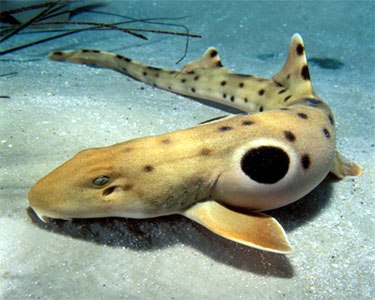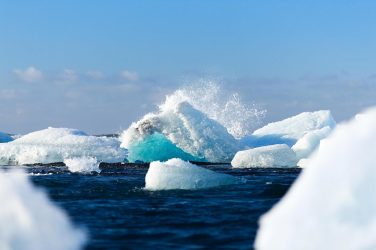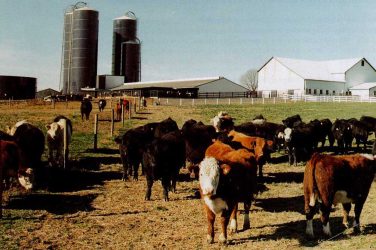A team of biologists from Florida Atlantic University and their research partners in Australia study a unique species of shark called epaulette sharks.
Young members of this species live in shallow reefs around Australia’s Southern Great Barrier Reef, a habitat that can become completely isolated by the outgoing tide.
They also have learned to walk for up to 30 meters on dry land using their paddle-shaped fins and they can survive hypoxia – a deficiency of oxygen – for up to two hours.
This extraordinary ability of walk of carpet shark enables to better survive increasingly hostile environments as climate crisis and warming seas.
«Studying epaulette shark locomotion allows us to understand this species’– and perhaps related species’– ability to move within and away from challenging conditions in their habitats» said Marianne E. Porter, senior author and an associate professor of biomechanics at FAU’s Department of Biological Sciences. «Our collaborators in Australia have found they are able to withstand climate change conditions very well. These sharks are great models in starting to look at how these changing conditions may affect vertebrates in general, and other species, and can help us reflect what we might see in future oceans».
The scientific name of the epaulette shark is Hemiscyllium ocellatum. Is important to underline that hey are not the only shark species that can walk but they are first Papuan epaulette shark species known to have developed the walking ability.
In fact, a 2020 study by researchers at the University of Queensland and international partners has revealed that at least nine shark species have developed the ability to walk in shallow water and on land using their fins.
What sets epaulettes apart, however, is their tolerance of hypoxia for a prolonged period and ability to not only survive being on land, but to be able to walk distances up to 30 times its body length.
«Their ability to move around and walk from one place to another is really very important», Porter said.









Show Comments